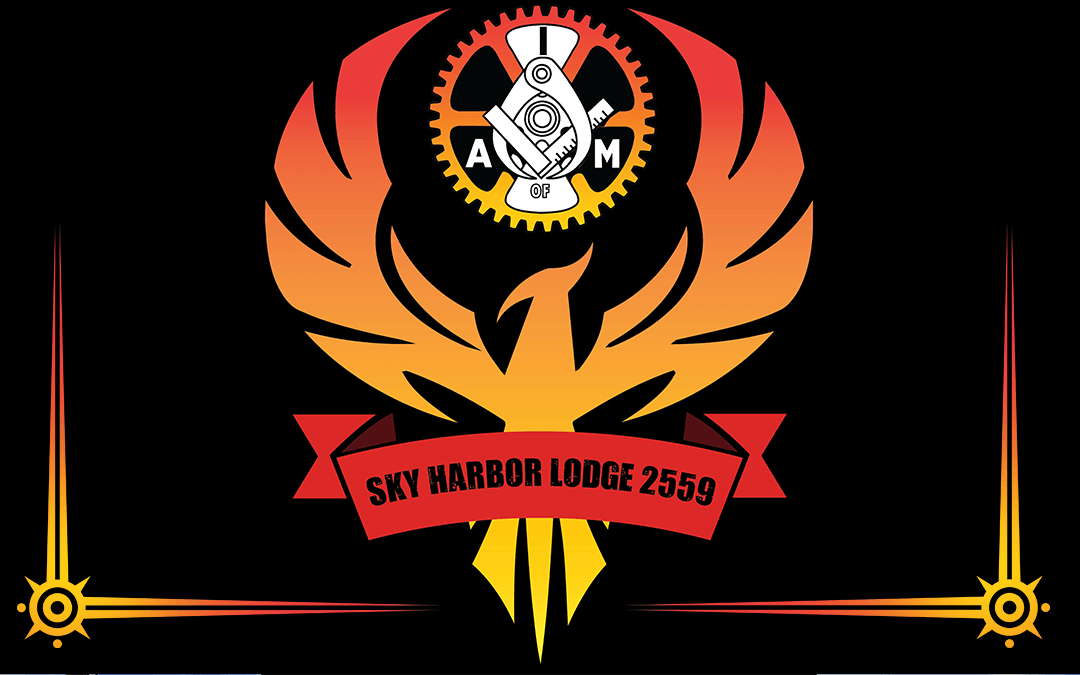
by Eric Price | Aug 7, 2020 | Airlines, American, COVID, Featured, Featured News, Front Page, Organizing, Row 2, Uncategorized, United, Video
A Conversation With New President of Phoenix’s Local 2559, Don Carbonneau. Brother Don Carbonneau talks about Sky Harbor Lodge and the job of being a Local President during the pandemic. Brother Don Started his airline career in 1996 at America West Airlines,...
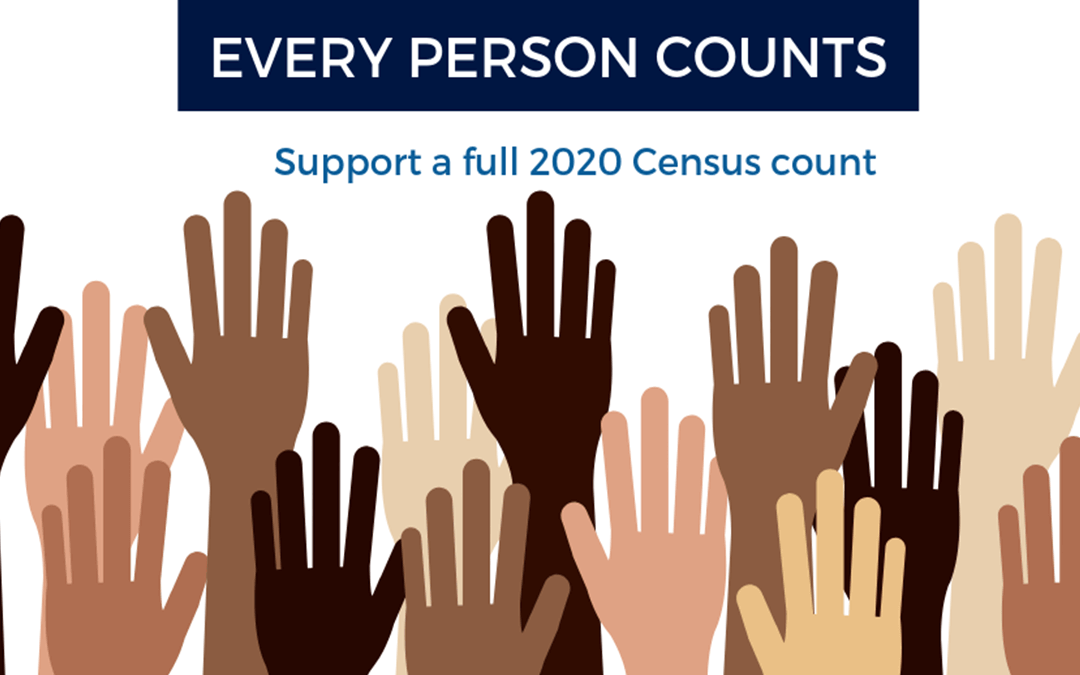
by Eric Price | Aug 5, 2020 | Featured, Featured News, Front Page, MNPL, Uncategorized
En Español /// The Census Bureau just announced they will end all efforts for a national count in September. Did you fill out your Census form? A Little History:The framers of the US Constitution chose to make a count of people, not land or wealth, to determine...
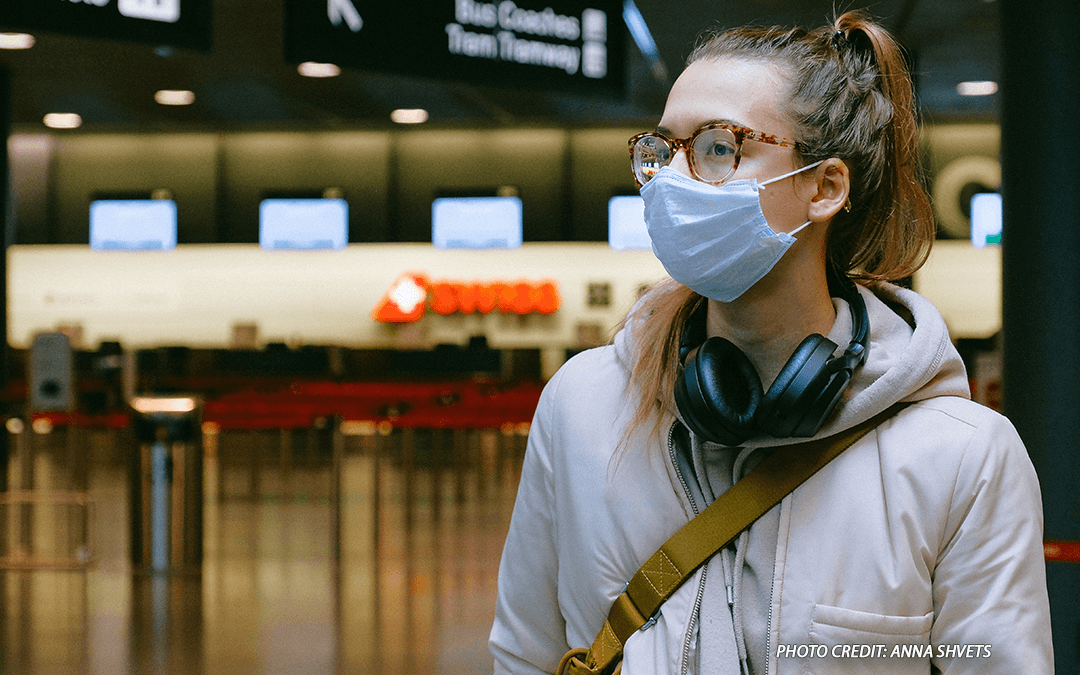
by Eric Price | Aug 4, 2020 | Airlines, COVID, Featured News, Front Page, MNPL, Row 2, Uncategorized
The Healthy Flights Act of 2020 protects passengers and also ensures pilots, flight attendants, and other airline employees are provided masks and other protective equipment, requires the development of a national aviation pandemic preparedness plan, and commissions a...
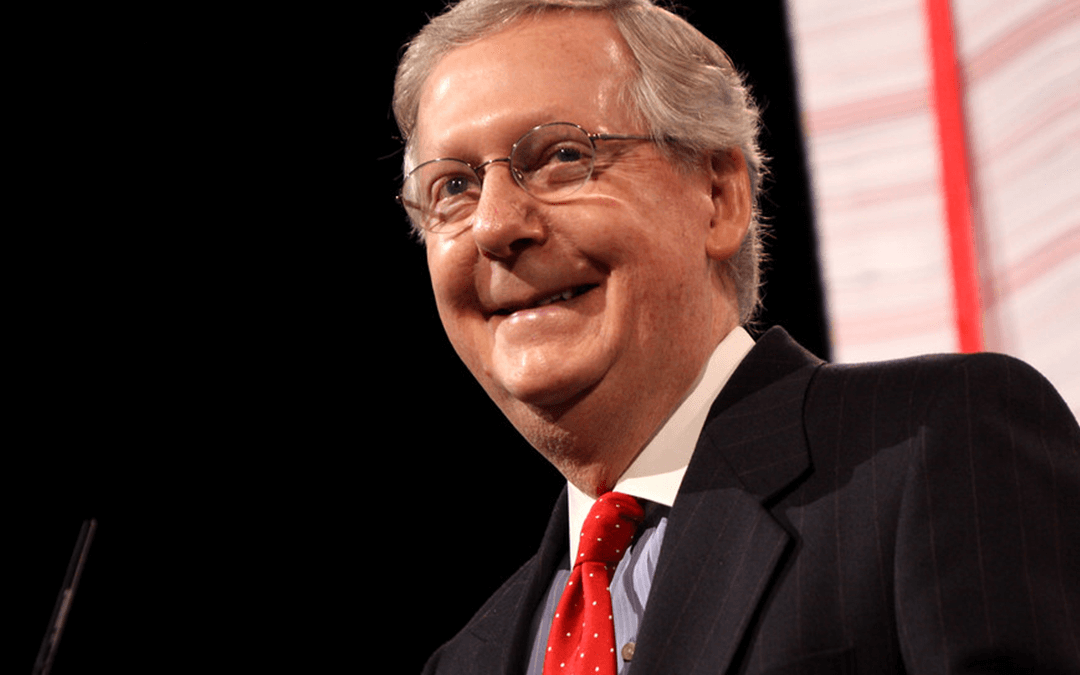
by Eric Price | Aug 3, 2020 | Airlines, American, COVID, Featured News, Front Page, GOIAM Stories, MNPL, Philippine, Row 2, Spirit, Uncategorized, United
The GOP has released the details of their latest COVID-19 relief legislation named the “HEALS Act.” The proposed legislation not only cuts unemployment benefits to the 20 to 30 million Americans who are currently out of work, but falls short in just about every area...
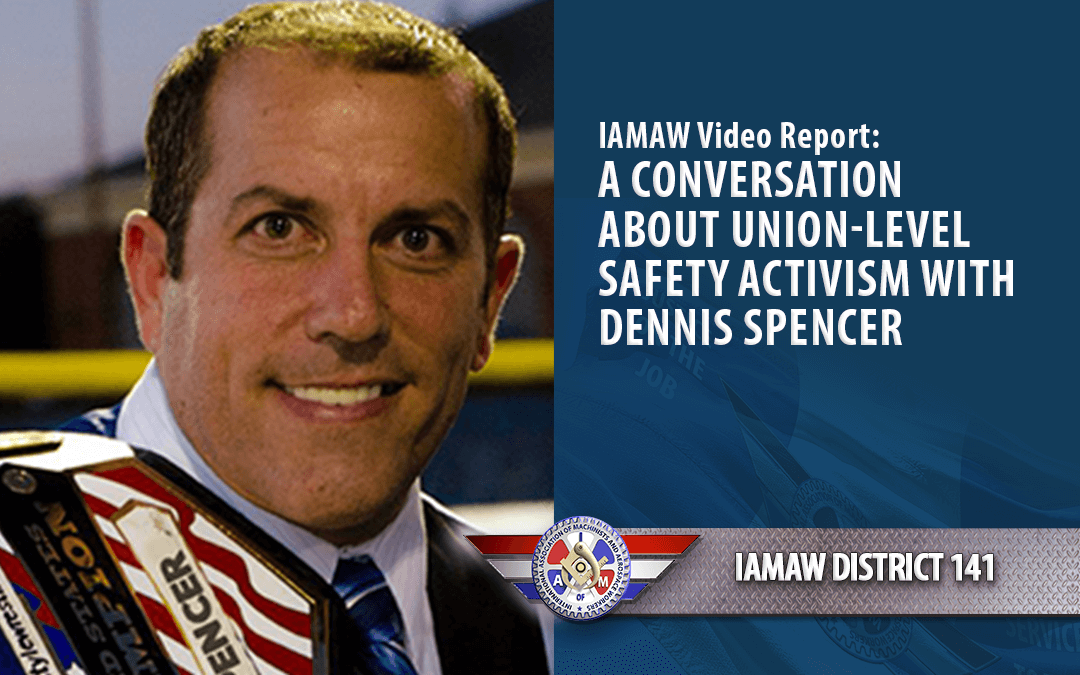
by Eric Price | Jul 31, 2020 | Airlines, American, COVID, Featured, Featured News, Front Page, Row 2, Safety, Uncategorized
A Conversation About Union-Level Safety Activism With Dennis Spencer Gate-Side Airline Safety Activism, Created, Directed and Maintained by Front-Line Union Members Brother Spencer has been fighting for workers safety since 2008, when he became the Safety Chair for...
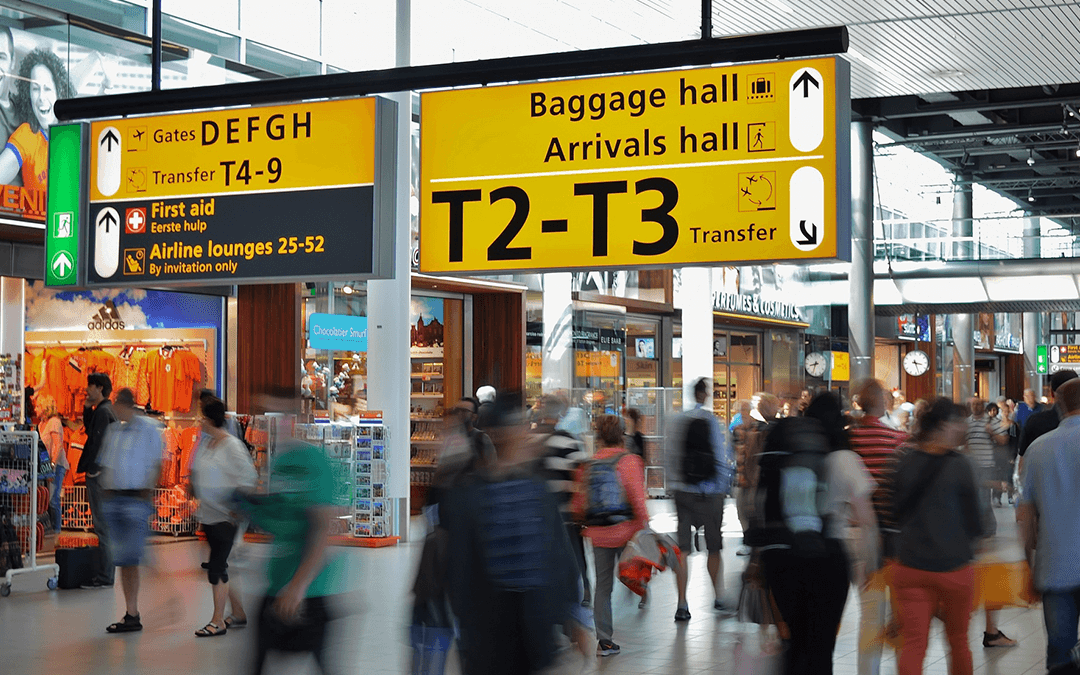
by Eric Price | Jul 30, 2020 | Airlines, COVID, Featured News, Front Page, Row 2, Uncategorized
July 27, 2020 Dear Mr. President, Speaker Pelosi, Leader McCarthy, Leader McConnell and Leader Schumer, A reopening of the U.S. economy is critical, and the only way to sustain job growth is to drive demand. One of the major challenges of a national economic recovery...







